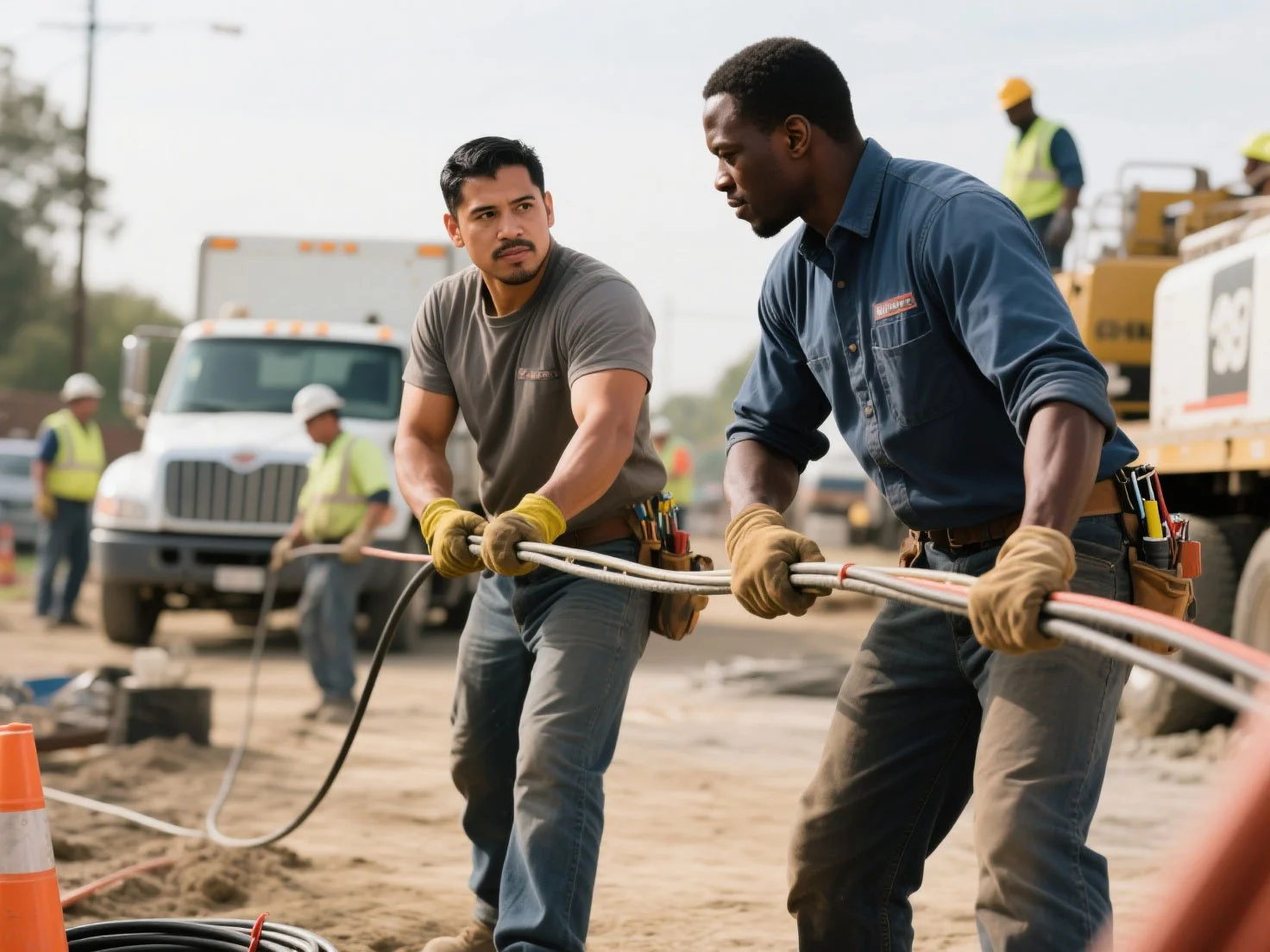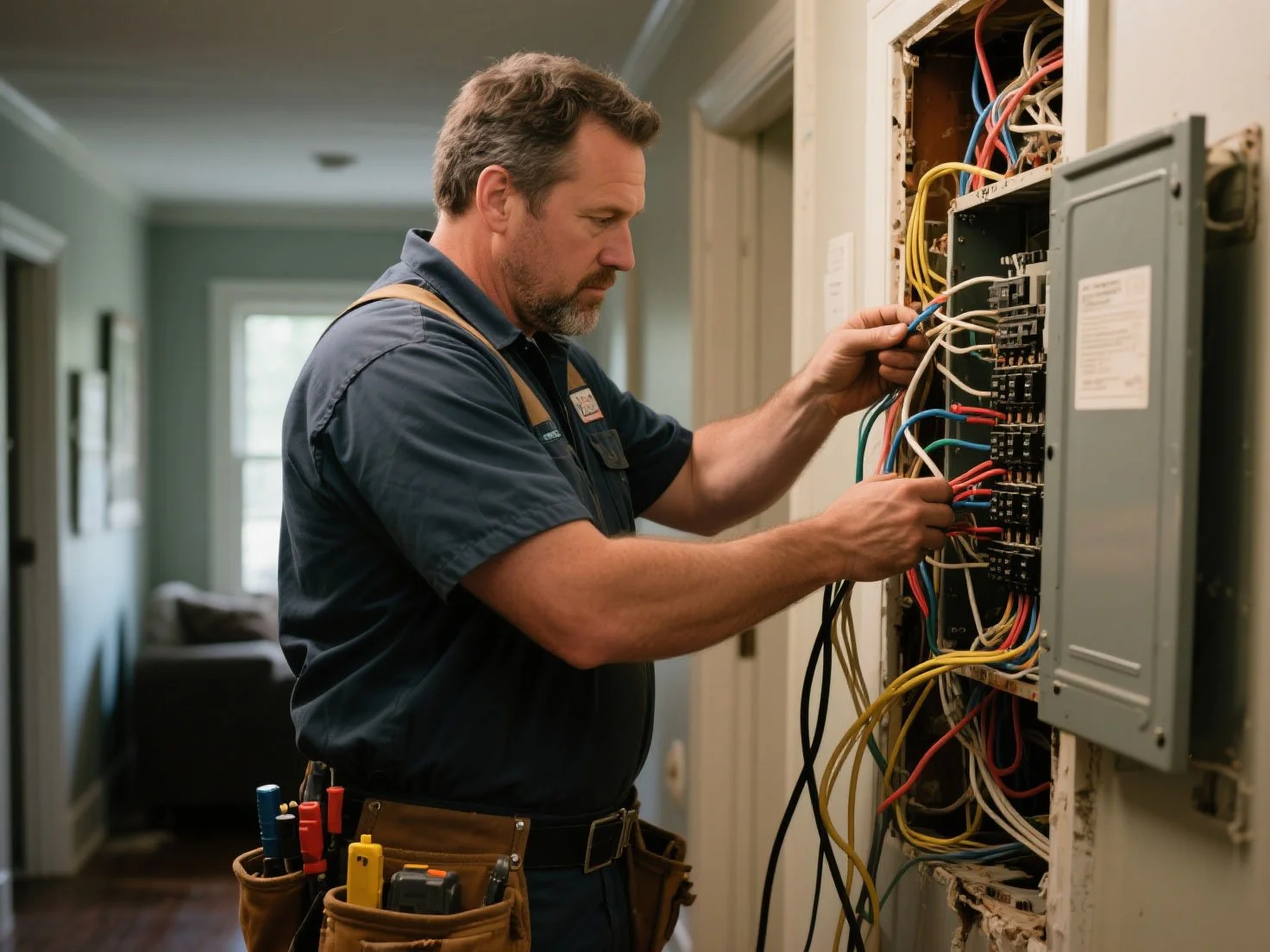
Owners & Contractors Protective Liability Coverage (OCP Insurance)
Shield Your Project with an OCP Policy
An Owners Contractors Protective (OCP Insurance) Liability policy is commonly known as an OCP Policy. It is a stand-alone liability policy. It is usually bought by a contractor. This can be a general contractor or a subcontractor. The purchase is made for the benefit of the project owner or the general contractor. This insurance protects against claims for bodily injury or property damage that may occur during construction activities. It offers owners an additional layer of liability protection.
What is OCP Insurance?
The Owners and Contractors Protective (OCP Insurance) Liability Coverage is a specialized form of insurance. It specifically covers one insured party: the project owner who hires the contractor. This policy safeguards the property owner from any liability arising from the work of an independent contractor.
There are two key aspects of the policy to consider:
This policy safeguards the insured person or company from liability linked to the contractor named in the policy.
The property owner is also protected from liability. This protection only applies to issues arising from their own actions. It includes general supervision of the contractor at the location specified in the policy.
The Owners and Contractors Protective (OCP Insurance) Liability Coverage does not cover property damage or bodily injury. This applies regardless of whether the incident occurs before or after the contractor works on the property.
How Does an OCP Insurance Strengthen Your Coverage?
An OCP Policy offers unique advantages:
Project-specific liability protection
This covers injuries or damage that happen on the project site. It also includes liability related to the owner's general supervision of construction operations.Standalone policy under owner control
This separate policy protects your general liability limits from being reduced by claims. It remains effective even if the contractor's coverage expires.Primary coverage for the owner
The OCP policy is the main coverage. It pays first and does not depend on additional insured endorsements from the contractor’s policy.
Did You Know?
Owners and Contractors Protective (OCP Insurance) Liability Coverage has several limitations. One key limitation is that no excess coverage can be purchased above it
Due to the limitations of the Owners and Contractors Protective (OCP Insurance) Liability Coverage, this may not be suitable for everyone
However, for the Owners’ Interest Policy (OIP), you can buy excess policies if you need more coverage
Advantages of OCP coverage
Advantages of an OCP insurance policy for the project owner
OCP coverage provides project owners with additional protection. This goes beyond what they receive by being listed as an additional insured on a contractor's general liability policy. This coverage helps lower the project owner's liability during a construction project and includes:
Dedicated coverage limits specifically for the project owner
Primary coverage for the owner without contribution from the owner's other insurance or the contractor's general liability coverage.
Advantages of an OCP insurance policy for the contractor
There are benefits for contractors who get OCP coverage. For those bidding on jobs, having OCP coverage can give a clear edge over competitors. Additionally, OCP coverage helps contractors by:
Providing separate limits that are not impacted by the liabilities of other coverage.
To protect the contractor, it is essential to prevent increases in premiums on a general liability policy. This is particularly important when a loss is covered by the Owner Controlled Insurance Program (OCP) policy
OCP Insurance vs. Commercial General Liability (CGL)
When comparing Owners and Contractors Protective (OCP) liability insurance to a Commercial General Liability (CGL) policy, it’s important to understand how each protects project owners and contractors differently.
| Feature | OCP Policy | Commercial General Liability (CGL) |
|---|---|---|
| Coverage Scope | Project-specific, covering only the worksite and operations related to the designated project. | Broad coverage for the contractor’s entire business operations across multiple projects. |
| Named Insured | Typically covers the project owner only, offering direct protection to them. | Covers the contractor and sometimes subcontractors; limits are shared among all parties insured. |
| Control | Owned and controlled by the project owner, providing independent protection. | Managed and controlled by the contractor, primarily protecting their business interests. |
| Impact on Limits | Claims under an OCP policy do not affect the project owner’s other liability policies. | Claims can erode shared limits more quickly, reducing available protection for future claims. |
Key Takeaway: An OCP liability insurance policy is narrowly tailored to protect the project owner, while a CGL policy is broader but may dilute coverage since it protects multiple parties under one policy.
When Should You Use an OCP Policy?
An OCP Policy is most effective in the following situations:
When you are contractually required to purchase it.
When you want to protect the owner's liability limits.
When you need coverage that is linked to a specific project and time frame.
This policy is especially useful. It comes into play when Additional Insured endorsements under Commercial General Liability (CGL) policies do not offer sufficient protection. This situation often arises when multiple parties are involved.
Coverage Gaps & Added Protection
It’s crucial to recognize the limitations of an OCP policy:
Limited to construction period and supervision acts
It does not cover completed operations or broader owner’s negligence.No coverage for premises outside construction-related accidents
An owner’s Interest (OI) policy may be needed to fill this gap.
OCP vs. Owner’s Interest (OI) Policies
Both insurance types provide essential protection—so, which one do you need?
OCP Policy
This policy is ideal for project-specific liability. It ensures that contractors have coverage for the owner during construction.Owner’s Interest (OI) Policy
This is a broader policy. It covers premises liability, completed operations, and defect claims even after construction is finished.
Expert Tip: Many owners find it beneficial to combine both OCP and OI insurance. This approach ensures comprehensive and long-term protection.
Distinctions between an OCP insurance policy and a general contractor's insurance policy
An OCP policy is different from a contractor's general liability policy in several ways.
OCP coverage is specific to one project. It protects the project owner from liability caused by a certain contractor. This coverage is limited when compared to a general liability policy. A contractor's general liability policy protects the contractor and their business. It covers costs from claims or liability for property damage or bodily injury.
Who is covered by owners’ and contractors’ protective liability insurance?
When a contractor secures OCP coverage, the policy safeguards the project owner or general contractor listed in it. This coverage protects the insured party who hires the contractor. It shields them from liabilities related to bodily injury or property damage. Such issues arise from the contractor's work during the project. However, this coverage does not protect the project owner or general contractor from certain claims that:
Occur outside the job site boundaries specified in the policy.
Happen after the contractor completes work at the site.
Arise due to the named insured's direct negligence, unless that negligence results from the contractor's general supervision.
Every contractor encounters risks on the job site, including accidents, injuries, and expensive lawsuits. Owner’s and Contractor’s Protective (OCP) Insurance provides essential coverage. It protects against legal expenses. It also covers property damage and claims related to bodily injury. In this video, Blue Rock Insurance explains the importance of OCP insurance for contractors. They discuss what this insurance covers. Additionally, they highlight how it safeguards your business against unexpected financial losses.
Get a Customized OCP Insurance Quote Today
Make sure your project is secure with the right OCP Policy. It should quickly and easily cover important gaps, tailored just for you.
Why Choose Blue Rock Insurance Services for OCP Policy?
We understand the nuances of OCP vs. OI insurance, ensuring you get the right fit.
Licensed across NY, NJ, PA, CT, and MA, we tailor coverage for your jurisdiction and project needs.
Transparent pricing, fast quotes, and expert support at every construction phase.

Frequently Asked Questions about OCP Liability Insurance
-
An OCP policy is a type of liability insurance. Contractors buy it to protect project owners or general contractors. This insurance covers third-party claims for bodily injury or property damage. Such claims may arise from the contractor’s operations.
-
The project owner (or sometimes the general contractor) is the named insured. The contractor pays for the policy, but it directly protects the owner.
-
Unlike a Commercial General Liability (CGL) policy, an Owner's Contingent Policy (OCP) is specific to a project. It protects only the owner from liability related to the contractor's work.
-
Indeed, many contracts stipulate that owners require contractors to obtain an OCP policy. This serves as an extra layer of protection beyond the contractor's general liability policy.
-
OCP policies do not cover completed operations or the owner’s broader negligence outside of supervising the project. For that, an Owner’s Interest (OI) policy may be needed.















Commercial auto insurance in New Jersey can be expensive, but the right strategies can significantly lower your premiums. This guide outlines the main factors that influence your rates. It offers practical steps to help your business save money. You can compare quotes, adjust coverage, improve driver safety, and use discounts. These actions will help you save without losing protection.